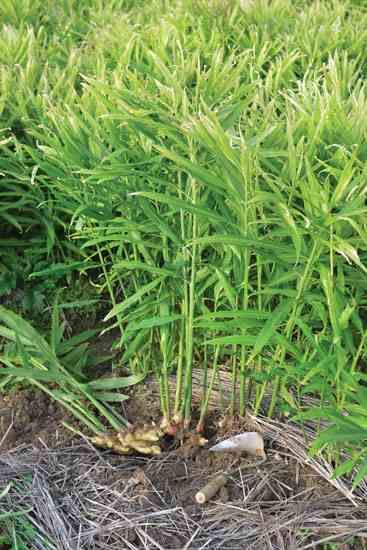-
High Market Demand (Local & Export):
Nigeria is one of the largest producers of ginger in Africa, with strong demand from local industries (food, beverages, pharmaceuticals, cosmetics) and export markets in Europe, Asia, and the Middle East. -
Export Potential:
Dried split ginger and ginger powder from Nigeria are highly sought after internationally, earning foreign exchange and contributing to the national economy. -
Income for Farmers and Investors:
Ginger farming offers high profitability with relatively low maintenance, providing steady income for smallholder farmers and agribusiness investors. -
Job Creation:
The ginger value chain—cultivation, processing, packaging, and export—creates employment opportunities across rural and urban communities. -
Industrial Use:
Ginger serves as a raw material in the production of drinks, teas, herbal medicines, essential oils, and cosmetics, boosting agro-industrial growth. -
Sustainable Agriculture:
Ginger can be intercropped with other crops like maize or cassava, maximizing land use and increasing overall farm productivity.
One response to “Economic Benefits of Ginger in Nigeria”
-
Hi, this is a comment.
To get started with moderating, editing, and deleting comments, please visit the Comments screen in the dashboard.
Commenter avatars come from Gravatar.


Leave a Reply